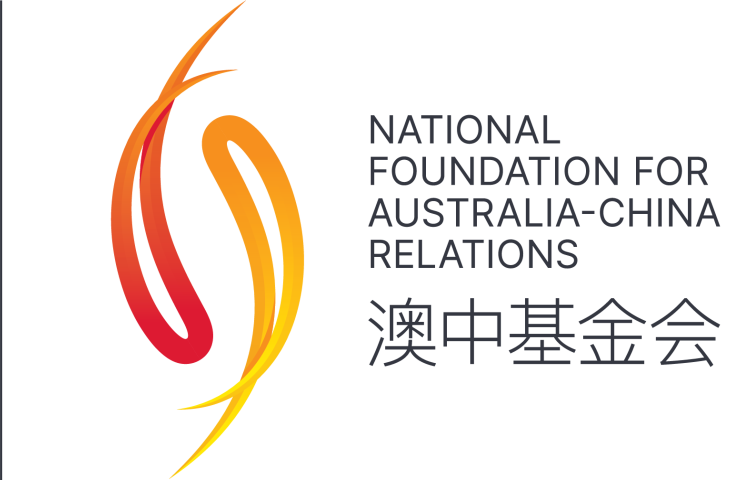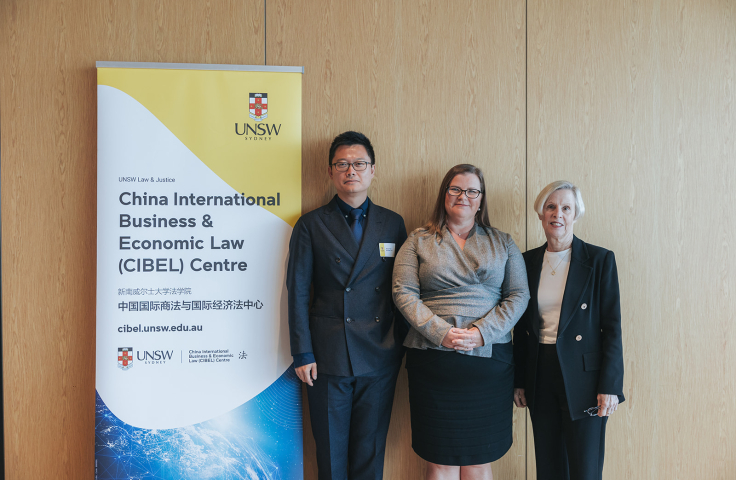About the Project
Deep collaboration on commercial policy and law is crucial for building resilient supply chains between Australia and China. This project aims to enhance the capacity of Australian business to engage confidently with their counterparts in China to tackle shared challenges posed by ongoing and potential supply chain disruptions in a sustainable way. The project will focus on Competition Law in the Digital Age: Enhancing Australian and Chinese Business Understanding. It will engage with policymakers, regulators, businesses and academics in both countries to enable the development of practical solutions and opportunities for on-going collaboration. To achieve its goals, the project will organize two bilateral forums: a conference for stakeholders in the first year, facilitating inclusive discussions on research and policy implications; and a closed-door roundtable in the second year, encouraging frank exchange between authorities, businesses and experts. The project aims to enhance engagement with existing Chinese university partners, establish new collaborations in the Asia-Pacific region, foster mutual understanding between authorities and businesses, and create a dedicated webpage to explain the project and its outcomes.
This research is funded by a research grant from the National Foundation for Australia-China Relations – see below.





